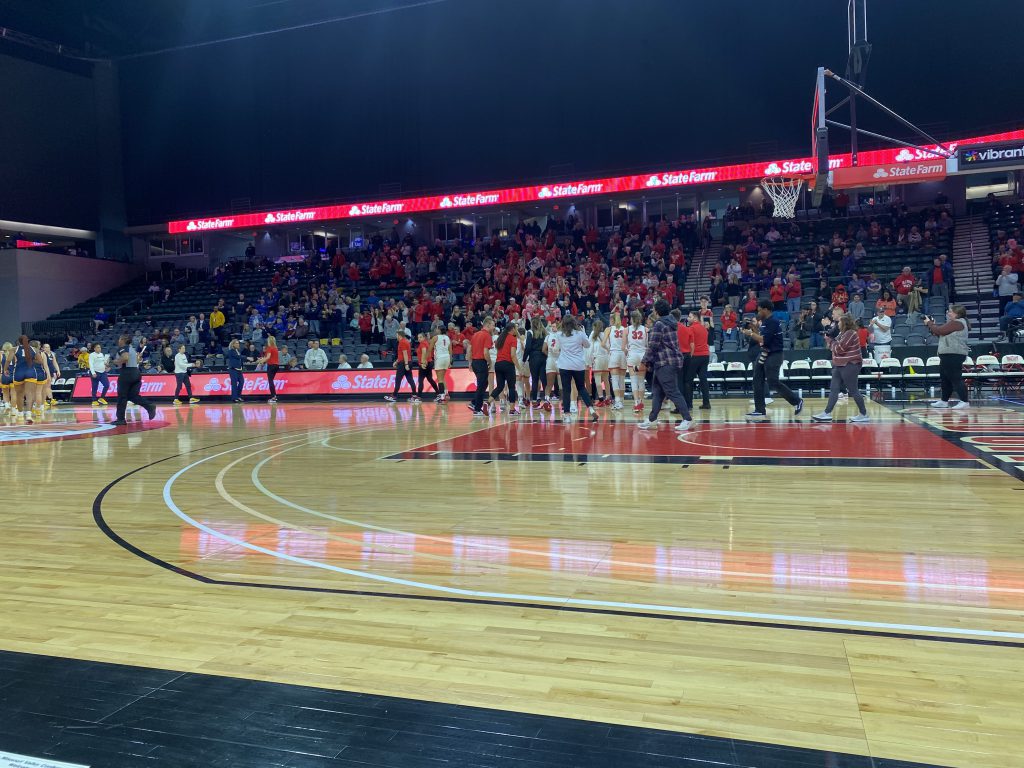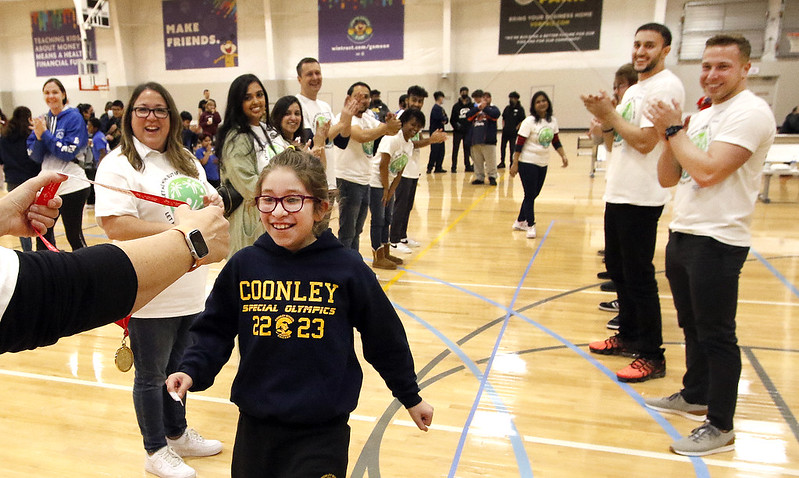Women of ISU speak for equality on International Women’s Day
Written by Colleen Holden on March 8, 2023
NORMAL, Ill. – From Susan B. Anthony to Roe v. Wade, the fight for women’s equality is seemingly endless.
Whether it be from pride or prejudice women have historically been excluded from powerful conversations, even when the conversations were about their human rights. This exclusion led women to force their way into the spaces they were not accepted in before, a practice still commonly occurring today.
While the screaming voices of the oppressor have died to down to a whisper, the hushed voices are still present in the background of everyday life, with the volume increasing when women enter spaces they are not properly represented in. Midori Samson and Gaywalee Yamskulna are both prominent female figures at Illinois State University who fought their way into male dominated fields and had plenty to say about their experiences as underrepresented members of their respective fields.
Professional Bassoonist, Midori Samson, teaches classes for ISU in the School of Music. She exemplifies what it means to break barriers and make a living in a male dominated field. Between her time as a bassoonist and professor, Samson is no stranger to the domination white men have claimed over classical music.
“Classical music is one of the slowest disciplines to make change in” said Samson. “It’s just so rooted in tradition. Composition has begun to include more women and people of color, but orchestras and conductors are still almost exclusively white men.”
Women make up a mere fraction of classical composition at five percent. While there has been significant improvement in the representation of marginalized groups, clearly there is work to be done. Thankfully, new classical audition practices have been put in place to help prevent biased screening.
“When the unions formed, orchestral auditions became much more fair,” said Samson. They are completely blind now with curtains between judges and performers.”
Even with this new system, biased judges found a way to discriminate against women. By listening to the sound each contestant’s shoes made, adjudicators could tell when a woman walked in because of the distinct sound high heels make, immediately discrediting them from auditions. This issue became so common that the union had to add carpeting to the floor in addition to the dividing curtain so the judges could not work around the system. Despite these systems being put in place to allow women into foreign territory, society’s reinforcement of male audacity has allowed these new spaces to potentially become unsafe for them.
“Because our discipline is so one-on-one, it’s set up for predators to thrive,” said Samson. “Lots of music schools have recently come out with reports from women saying their teachers they had one-on-one lessons with were assaulting them”.
Even when accountability is finally held, the narrative of survivor’s stories is often twisted by society, placing blame on women for choices they made instead of the perpetrator for their actions. In a recent interview with Vice President of Student’s Ending Rape Culture, Becca Mackey, spoke on the ways the language perpetuated by society affects the way victims are seen.
“It’s just one of those things where people are like ‘oh don’t go to a frat party your drink will get drugged’, or ‘oh don’t go to a frat party something will happen’, instead of targeting the root of the problem which is the culture we see,” said Mackey.
One of the most common fields underrepresentation of women can be seen in is the different subareas of STEM. Math Professor at ISU, Gaywalee Yamskulna, stated her experience with the overwhelming majority of white men studying her field
“The majority of mathematicians are white males,” said Yamskulna. “They’re nice guys but we need to help out the minority so we can have equal opportunity.”
The statistics for STEM as a whole average out where only 28 percent of the field is represented by women and even fewer by people of color. These numbers clearly demonstrate the effects stereotyping has had on marginalized groups, and how they have been made to feel like their abilities are stifled due to lack of representation.
The right to representation is a fight still being fought along with many others in the war of equality. Every massive stride taken towards equality was born out of a series of carpeted footsteps paving the way to representation.





